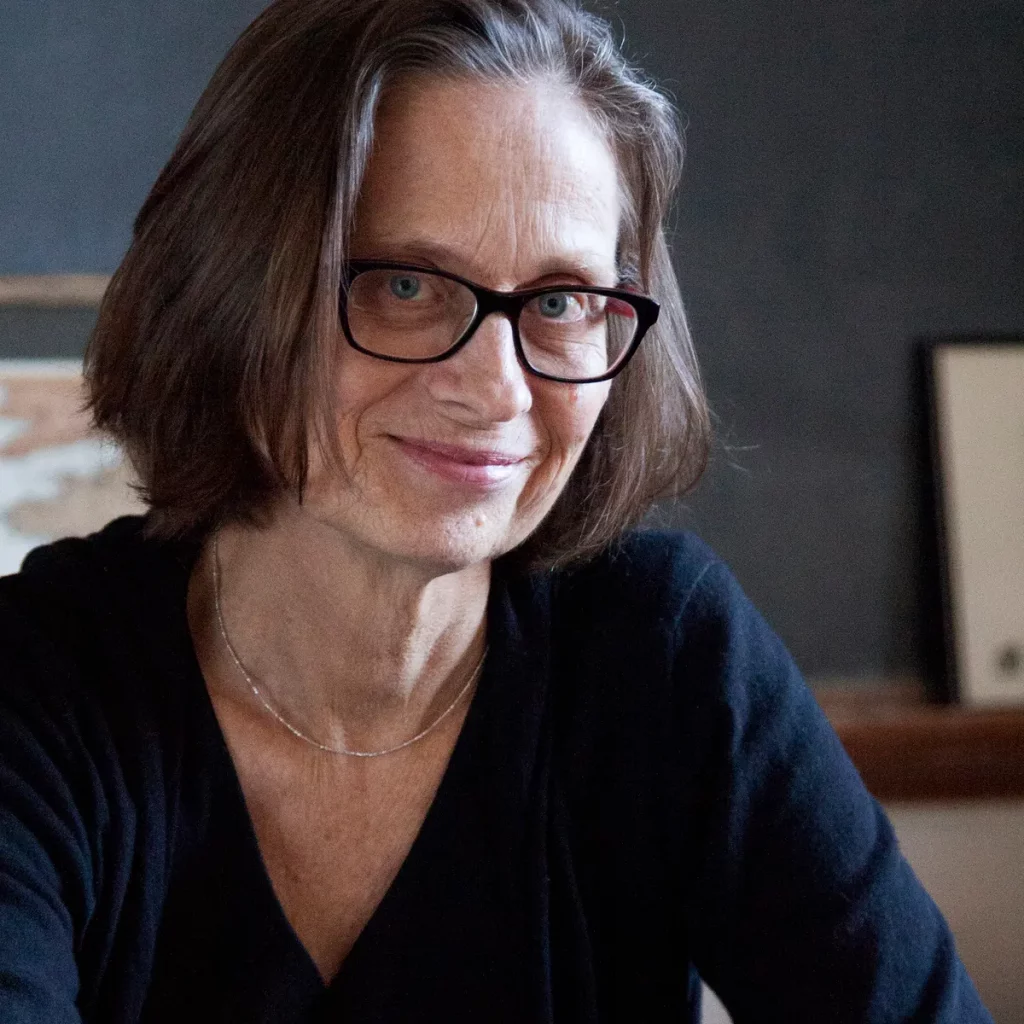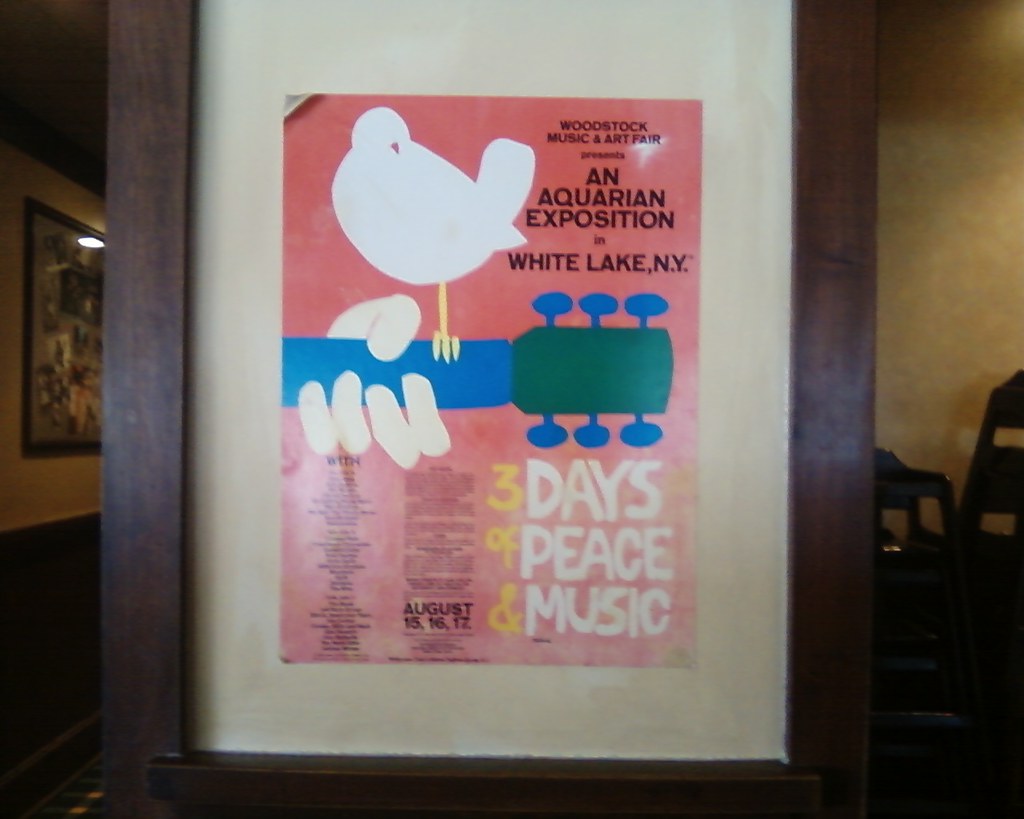 ometimes there’s a short word of interest, a short blog post, a short short story.
ometimes there’s a short word of interest, a short blog post, a short short story.
Alors is one of those words in French. A cursory search for a definition (i.e. asking Prof. Google) gives us the English equivalent as “so.” Well, this will be a very short post if that is that! (Alors, I would begin in French, which shows us that alors can also mean “well.”) And as every self-respecting short word knows, there is more than meets the eye. Think Napoleon. He was short and ruled the world.
Back to alors. I was reading a most interesting essay by Elaine Blair on the French translator and writer in English, Lydia Davis. Elaine Blair talks about Davis’ use of alors in translating Proust. Davis writes, “alors, ‘then,’ comes from the Latin illa hora, ‘at that hour.’” In her essay, Blair points out that Davis could well translate Proust’s alors not as “then,” but “at that hour.”
Dear Reader, we are not in Kansas anymore if a word can mean “so,” “then,” “well,” and “at that hour.”

ASIDE
Lydia Davis was born in 1947 in Northampton, MA. Her father taught English first at Smith College and then at Columbia. Davis went to Barnard College and as a freshman met Paul Auster. You remember him? Novelist: Moon Palace, NY Trilogy? In fact, one fine day when a new novel of Paul Auster’s was about to be released, an ad for him and his book took up an entire side of a bus! And this bus was out in the French suburbs. Because Auster is fluent in French, the French are enamored of him.
Together Davis and Auster sojourned (or starved) in the South of France where they eked out a living translating. Davis remarked that for her early translations from the 19th century, she received about $1.00 / hour, a good wage in the 19th century, she added. Davis and Auster were married, then divorced. They now have other partners. Davis’ work is very well received, not only her translations, but also her own writing. Our own Samuel Beckett was, interestingly enough, an early influence on Davis. At thirteen she was trying to figure out Beckett’s novel The Unnamable, at the level of his sentence structure. And what were you doing at thirteen? She also loved music and so loved music that she would get the score to different classical pieces so that she could enter into it more deeply. (Has anybody else ever done that?) The closest I came to this experience was when I bought the Woodstock album because my mother wouldn’t let me go. The first song, you may remember, is “Give me an ‘F’. Give me a ‘U’. Give me a “C’, etc. I got in trouble for buying the album.

SO
Dear Reader, let us drop all pretense, and let us simply look at the word, “so,” through the lens of Lydia Davis’ writing in English.

One of Davis’ narrators, who has relocated from city to country has this to say: “There is not much to look at in this town of bare and plain houses and yards, so I look hard at what there is, lawns, ornamental trees and foundation plantings, sometimes a very modest and carefully limited flower bed.” Now, Elaine Blair in her essay, has other purposes for quoting this sentence, but I am struck by the word “so.” Basically, there is nothing to look at, so the person looks hard at that nothing. You wind up playing ping pong in your head. Nothing to look at, so look at nothing. “So?” No, we would say, “but I’ll look anyway.” There is really a contrast here, and not a logical carrying on as “so” would have it.
Reader: Okay, but we have important things to worry about, like inflation.
Me: Ah, but these tiny lynchpins that put two things together, but don’t actually, are what Davis is so good at.
A LYDIA DAVIS SHORT STORY
Here is a Lydia Davis short story in its entirely.
CONTINGENCY (vs. NECESSITY)
He could be our dog.
But he is not our dog.
So he barks at us.
Alors?
Reader: I thought we were staying with “so.”
Me: We are.
So he barks at us? I maintain that even if it is our dog he will bark at us.
Is it that great a leap to the lack of reasonable connections in Beckett’s play, Waiting for Godot?
One vagrant asks the other if they’re in the right place. Yes, he answers. We were here yesterday. Do you recognize it, the first one asks. No, the second one answers.
Et alors? (And so?)
Well, then, so at that hour, there’s nothing to be done. Except have a little fun?